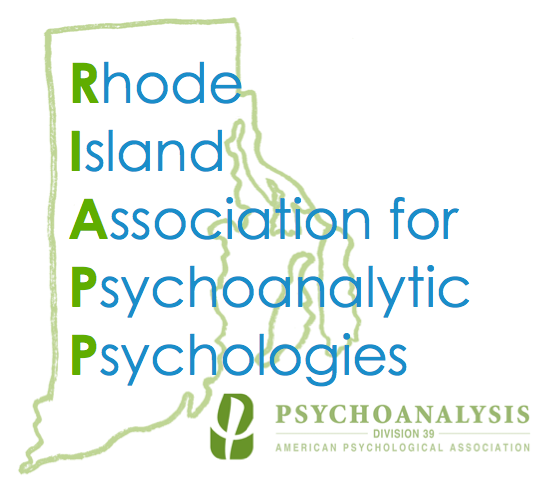This event will be held virtually on Zoom.
Therapists working with people suffering with DID are confronted with multiple challenges frequently causing anxiety, confusion and feeling deskilled. These challenges include, but are not limited to, dissociated self-states believing they are different ages, genders, and occasionally different racial identities, multiple transferences, frequent enactments, working with parts who are unaware of multiplicity, working through conflict and discord between parts who have coconsciousness and addressing parts that are self-destructive and or potentially harmful to others. This presentation will make use of case material to highlight and explore the dilemmas and anxieties that even a therapist seasoned in the treatment of DID faces.
Learning Objectives:
At the conclusion of this program, participants will be able to:
Identify and discuss symptoms of DID.
Explain the meaning of multiple transferences.
Describe what a perpetrating-caretaking dissociated self-state is.
Bio
Dr. Itzkowitz is an adjunct associate professor of psychology and consultant, NYU Postdoctoral Program in Psychotherapy and Psychoanalysis, Guest Faculty, Eating Disorders, Compulsions, and Addictions Program, and Honorary Member of William Alanson White Institute. He is on the teaching and supervisory faculty, Trauma Studies Program, Manhattan Institute for Psychoanalysis. He is a Fellow and Member of the Board of Directors of ISSTD and a recipient of their “Lifetime Achievement Award”. Shelly has published several articles on the topics of trauma, dissociation and DID and has presented his work on dissociation and dissociative identity disorder both nationally and internationally.
References
Howell, E.F. & Itzkowitz, S. (2022). The unconscionable in the unconscious: The evolution of relationality in the treatment of trauma. In M.J. Dorahy, S.N. Gold, & J.A. O’Neil (Eds.), Dissociation and the dissociative disorders: Past, present, future (2nd Edition) (pp. 728-745). New York: Routledge.
Itzkowitz, S. (2022). Through the Lens of a DID Specialist. Psychoanalytic Perspectives, 19(1), 108-119.
Kluft (2022) A mutual appreciation of differences: My conversation with Philip M. Bromberg. Contemporary Psychoanalysis, 58(2-3), 438-460.
Howell, E. F., & Itzkowitz, S. (2016). The Dissociative Mind in Psychoanalysis. NY: Routledge.
Howell, E. F. & Itzkowitz, S., (2016). Is trauma-analysis psycho-analysis? In: E.F. Howell & S. Itzkowitz (Eds.). The Dissociative Mind in Psychoanalysis: Understanding and Working with Trauma. London: Routledge.
Dalenberg, C. J., Brand, B. L., Gleaves, D. H., Dorahy, M. J., Loewenstein, R. J., Cardeña, E., Frewen, P. A., Carlson, E. B., & Spiegel, D. (2012). Evaluation of the evidence for the trauma and fantasy models of dissociation. Psychological Bulletin, 138(3), 550–588.
Myrick, A.C., Webermann, A.R., Loewenstein, R.J., Lanius, R., Putnam, F.W. & Brand, B.L. (2017) Six-year follow-up of the treatment of patients with dissociative disorders study, European Journal of Psychotraumatology, 8(1), 1-7.

